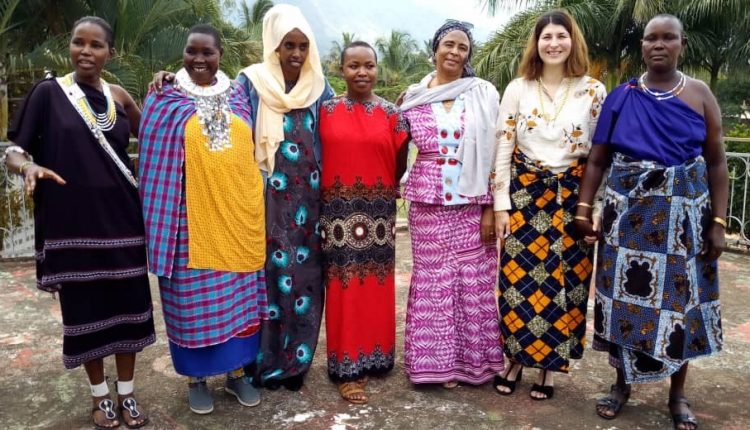Just 0.6 Of Africa’s Indigenous Women Educated, Study Reveals
A study has revealed that of the 18.5 million indigenous women in African, only 0.6% (percent) have accessed advanced education.
According to the report (Global Study on Situation of Indigenous Women and Girls (2020), given by the International Indigenous Women’s Forum (Fimi) which is a global network comprising of leaders of indigenous women, revealed that around 97% (percent) indigenous women work in the informal sector.
The sample population consisted of indigenous women from 11 countries that include Kenya, Burkina Faso, Botswana, Burundi, Chad, and Cameroon. Other countries that were part of the study include the Democratic Republic of Congo (DRC), Nigeria, Tanzania, Mali, and South Africa.
Details on the Beijing Declaration
Commitments made under an unnamed Beijing Declaration and Platform for Action almost 25 years ago reveal goals set that the study used to map the progress so far. There were 12 commitments in the Beijing Declaration. The study revealed bottlenecks that helped in ensuring indigenous women are always behind in the pursuit of sustainable development.
They are nowhere near others in terms of access to education with just 11 % (percent) acquiring formal education. The rest do not have the literacy skills essential to securing better standards of living.
Sixty-one percent (61%) of women and girls with age above 15 years are in paid labor.
The Beijing Declaration sought to commit governments, civil societies, and the international community with non-governmental organizations among these, and the private sector to act on women’s poverty, education, health, armed conflict, and violence against them.
No country included in the study has fulfilled the commitments in the Declaration as per UN Women’s analysis on the progress the countries have made so far. This is mainly due to the country-level laws not recognizing them yet and hence eliminating the possibility of responding to their needs.
If the countries could understand the distinct inequalities that the women face when accessing healthcare services, the individual countries could establish laws and policies that can promote fairness when seeking maternal healthcare.
For instance, San women in Botswana reported discrimination while trying to access healthcare based on their appearance, gender, and class. They avoided visiting healthcare centers because of this reason.
On the other hand, in Cameroon, access to health facilities is difficult as they are located quite far from the pygmy women and they charge a fee for treatment, which the poor indigenous women are often not able to meet.
“Indigenous women in conflict-affected countries like Sudan, Mali, Burkina Faso, and Cameroon, have said that women who are pregnant travel long distances to get to hospitals and face hard times on the way to the hospital,” reads part of the report.
Gender-based Violence
Soling gender-based violence (GBV)is also a problem among the indigenous communities.
Women interviewed in the report said they feared reporting cases of gender-based violence as they depend on men.
In Kenya, this implies indigenous women have suffered gender-based violence in silence instead of seeking help through the 10 GBV hotlines such as 1195, which is a toll-free number.
Read also:



Comments are closed.